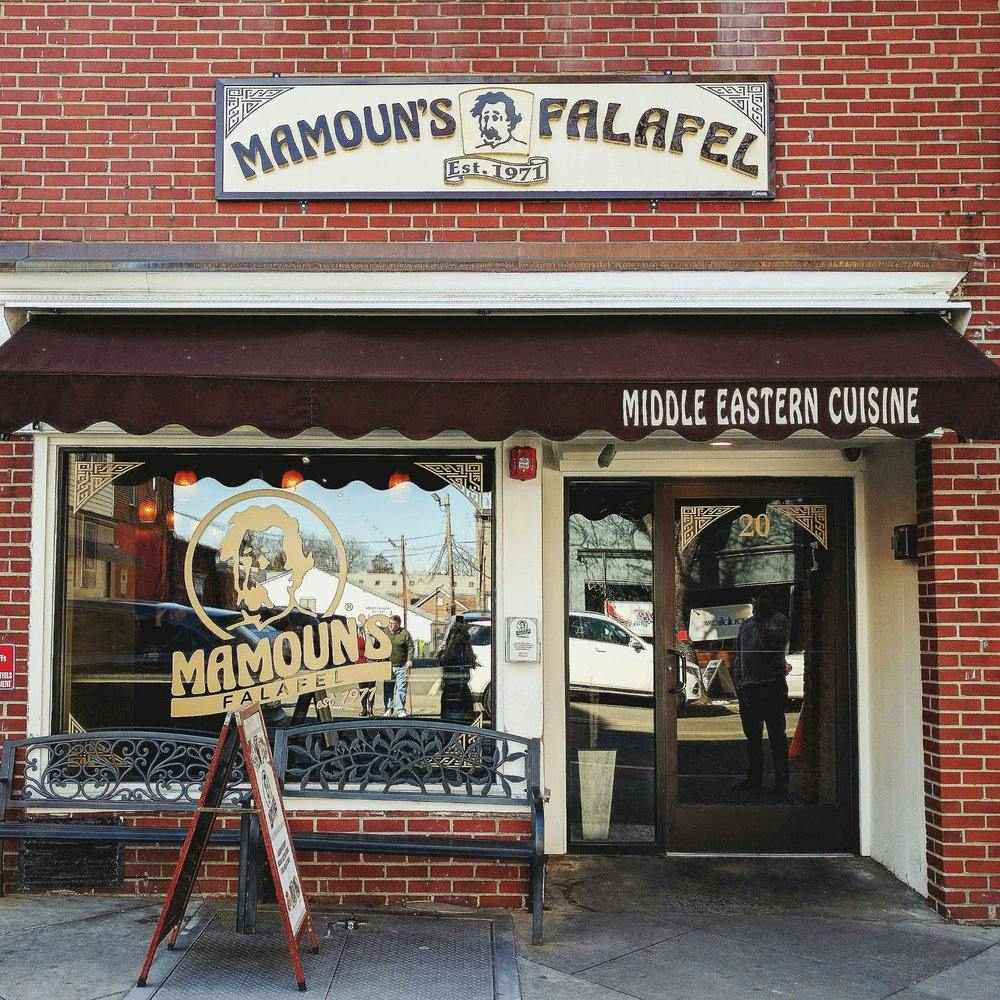The Undergraduate Student Government (USG) Community Dining Task Force has introduced a new off-campus dining trial program that will offer select students free meals off campus.
On Oct. 29, USG announced its plan to involve 150 undergraduates in a dining trial to explore the concept of incorporating off-campus dining options in the meal plan. After filling out an application, participants were randomly selected for USG’s Community Dining Task Force.
The initiative will provide each participant three off-campus meals — lunch, dinner, and a snack — each week for four weeks, at no cost.
In return, these undergraduates will be asked to provide reviews of their off-campus eating experiences and the structure of the program. These focus groups will also provide feedback about the potential implementation of these meals into the unlimited dining plan.
This pilot program is functioning through the Tigers in Town system, an existing USG initiative through which Princeton students can pick up free food and drinks at local restaurants. USG diverted $25,000 in funds intended for Tigers in Town into this new initiative.
Eating in dining halls is a standard component of the first-year and sophomore campus experience. All underclassmen are required to have an unlimited dining plan, which costs $7,490 for the 2021–22 fiscal year.
The Community Dining Task Force application emphasized a focus on “high-need students” by asking applicants if they belong to the first generation, low-income community on campus and if they are on financial aid.
Genevieve Cox, a first-year student selected for the trial, noted how the program can be especially beneficial for first-generation, low-income (FGLI) students.

“I am hoping to turn eating out into a social event for my FGLI friends and I,” she said.
Lyla Choi ’25, another student selected for the dining trial, indicated her excitement in getting free meals off campus.
“I have wanted to try many of the restaurants on Nassau for a long time, but have been wary of the cost,” she said.
In light of recent dining hall staffing issues, as well as local businesses being impacted by the pandemic, the off-campus dining trial is also seen by some participants as a community-based approach to diversifying campus dining and alleviating understaffing problems.

Choi recognized how this initiative could support local businesses opting to take part in the trial.
Participants can also expect a greater diversity of food options with the off-campus dining trial and its potential campus-wide execution. According to Cox, varied dining options have a particular importance for students from different cultural backgrounds.
“For students like myself who miss cultural cooking from our homes, this program could truly be our savior,” she said.
Applicants indicated how often they buy food off-campus and were asked to describe the factors that influence their off-campus dining, as well as how the incorporation of off-campus meals could affect their Princeton experience.
For students who were not chosen to take part in the dining trial, they may be “asked to participate in a focus group on the experience of off-campus dining now and how it could be improved,” according to USG’s announcement. USG members leading the initiative did not respond to a request for comment prior to publication.
Isabel Yip is a news contributor for the ‘Prince.’ She can be reached at isabelyip@princeton.edu or @isaayip on Instagram.








